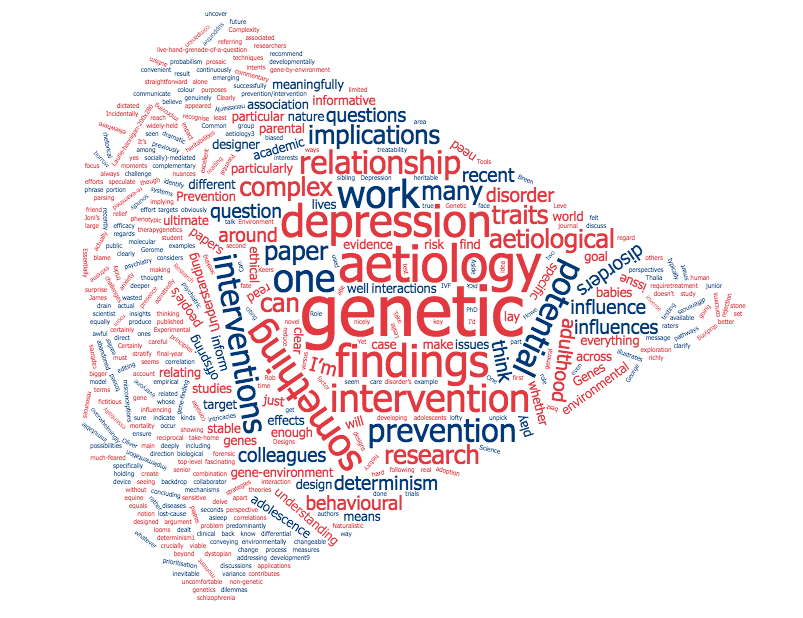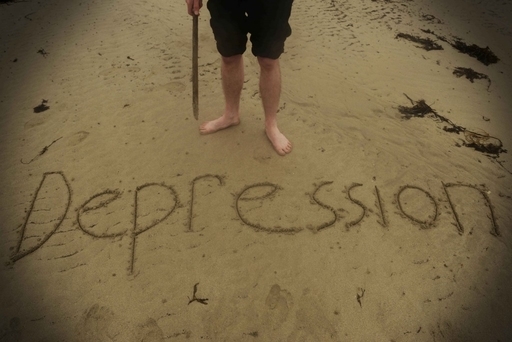As rates of depression and anxiety rise, it isn’t too surprising that social attitudes towards mental illness have improved considerably. However, as the current economic climate continues to strain our mental health, it also demands us to stay positive in the face of stress and uncertainty. Have we become so…

It can often feel as if the weather dictates our moods. London has begun to come alive in the spring weather as people head outside to enjoy the warmth and the light. Yet can the sun truly make us feel happier? To answer this question, researchers have investigated whether sunlight is connected with…

Thalia’s recent blog post highlighted the devastating fact that suicide is now the leading cause of death of young people (ages 20-34) in England and Wales. Moreover, the issue of the gender difference in suicide rates was raised. Thalia’s post noted that “whilst women are much more likely to be…

One of the main challenges associated with conveying findings from behavioural genetic research concerns the relationship between aetiology and intervention. In part, this is because of the widely-held understanding among the lay public that something being “in your genes” means that your fate is sealed. But this challenge is more…

As sufferers will know all too well, sleep problems and depression often go hand-in-hand. In this post, I summarise the findings of our recent paper investigating the role of genetic factors in underpinning this link.

As a developmental psychologist I’m pretty aware of the signs and symptoms of depression and anxiety. However, our school recently ran an evening lecture on supporting well-being in our children and It really made me think about things in a different way – and in particular, to consider how anxiety…

Clearly, the onset of depressive symptoms, at any stage of an individual’s life, is a cause for deep concern among loved ones. But the emergence of such problems in young children and adolescents is especially worrisome for parents – and never more so than when it coincides with problems at home. But what…
In my recent posts for this blog, I have looked at the portrayal and discussion of mental health in the context of several different media platforms. Here, I review the findings of a recent paper that reveals how users of the visual, idea-collaging platform Pinterest are sharing experiences of and advice about depression.
Mark Fisher was a radical writer on cultural issues, based at Goldsmiths, University of London. An old article by Fisher has recently made me question the way that we measure socioeconomic status in our research. Here I lay out Fisher’s argument and suggest how it might be relevant to our work.

The 10th of October 2016 was World Mental Health Day. It was an amazing effort by everyone involved, and as I scrolled through post after post on my newsfeed, it made me so happy to see how open everyone was about mental health and how willing they all were to…

Recent Comments